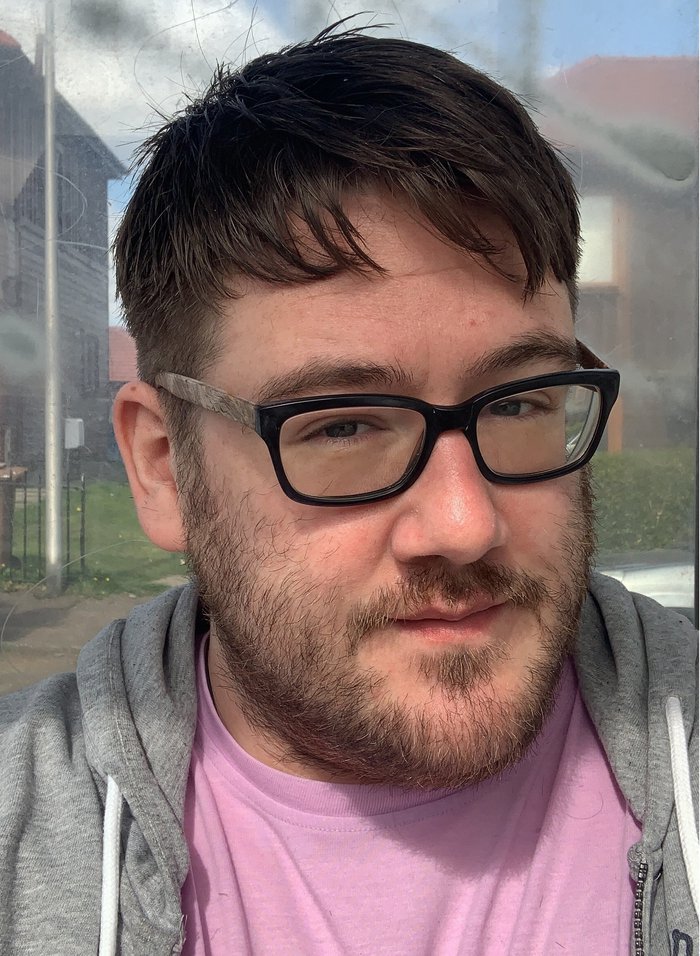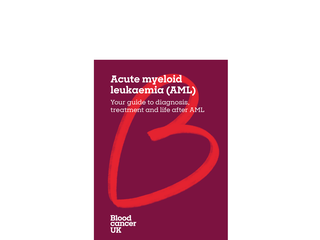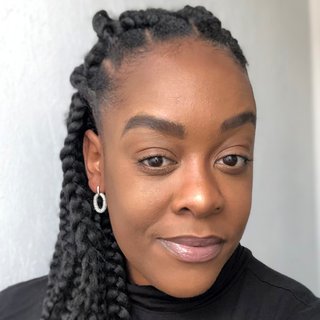Remember what you’re doing this for – your future self will thank you
Josh reflects on his experiences of having treatment for AML, how it affected him, and how he took back control over his life after blood cancer.

Treatment for AML is a very challenging experience, as anyone with an aggressive blood cancer will know. Not only do you have to deal with the strange and horrible side effects, there is also an additional layer of mental anxiety and isolation layered on top.
During my time as a patient, I couldn’t escape the expectations I was putting on myself to be ‘strong’ and to not let anyone around me see me sweat. I’d save the worst of my emotions for during the night, when the ward was quiet and my visitors had returned home. I had to ‘be a man’ and make sure I was putting on a front and holding things in to make sure my family wouldn’t worry about me too much.
Compartmentalising things was my coping strategy, and it worked for a time. When you’re going through treatment, there isn’t always time to process the emotional side of your situation.
It’s not a lasting strategy however, and instead it just means putting the feelings somewhere else for now, so that you can deal with them when you’re ready.
Under the surface things were different, and I wasn’t emotionally OK. I was terrified that something worse than what had already happened was just a day or two away.
This would bubble up in strange ways. My treatment left me with really bad nausea, and the smell of the hospital food trolley would aggravate it. Over time, it seemed to get worse and worse. I think I was linking the hospital food trolley with everything else; the chemotherapy and medication, and it wasn’t long before the meal trolley’s arrival on the ward would coincide with my exit.
If you’ve seen the Kill Bill films, you might remember the motif of the main character flashing back to traumatic memories from her past, which is always accompanied with an intense siren and a red flashing screen. That’s how I started to feel every time the smell of the food trolley came towards me. I used to drip Olbas Oil onto a tissue and hide underneath it until everyone was finished eating.
Looking back, the whole experience was traumatic. I did seek help later, but I’d say if you can do it sooner, then try. We need to admit to ourselves that we’re not able to beat it on our own. Nobody can. While your Doctors are helping you with the medical side of treatment, most people also need help with the mental and emotional side.
You wouldn’t feel shame asking a dietitian for support after a heart attack, and no matter what you might tell yourself, there’s no shame in asking for help.
We need to remember what the goal is - not just to survive, but to live our lives after cancer.
Visualising my life after cancer, doing things I enjoy again, getting back to my art career, that’s what got me to realise that I should take the help that’s on offer. I even started making a list of things in the back of my sketchbook of things I was going to do once I was finished with my treatment. Eat Sushi and Have a Bath were at the top of that list.
But if we’re going to enjoy the main prize after cancer - having our lives back - then we need to be in a good place in order to do that. I also think about the impact that emotional health, like stress, can have on your physical health. It seems more important that we realise to look after both.
On the anniversary of my diagnosis, I just couldn’t hold the emotions in any more. I just cried. Talking to a counsellor, I described it as a breakdown, but she told me to look at it as a breakthrough instead.
This was because after being in remission for a while, I decided to get some proper emotional support. And it was transformative for me. For me, the therapy and my art are what helped me reach where I am now. For others, it might be something else. But it’s important to find something that can support you, motivate you, and help you get back into the driving seat of your life.
For me, getting support with the mental side of blood cancer was like a form of control. Cancer seems to take away so much control over your life, but it is possible to control how you react to it, mentally and emotionally.
I feel like I’m back to being me again now, and that’s because of the support I’ve sought out. I chose to work hard on coming back to myself, because I knew after all the treatment and struggling with AML, I had my life back, so I was going to take it!

Order your free guide to AML
If you've been told you have AML, this booklet covers treatments, questions to ask your medical team, and real stories of people living with AML.


